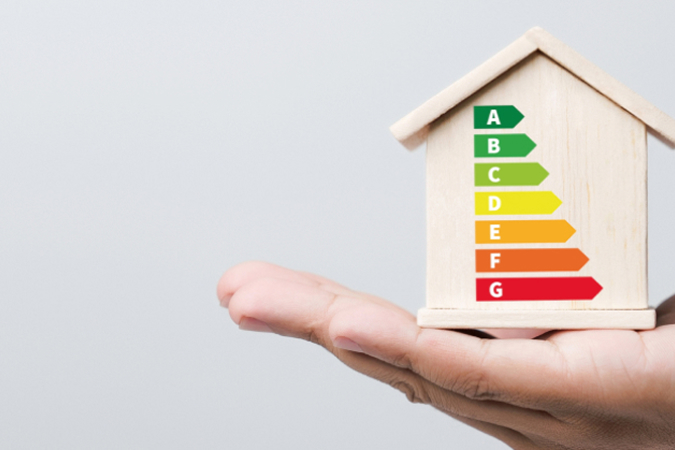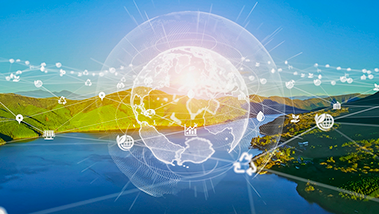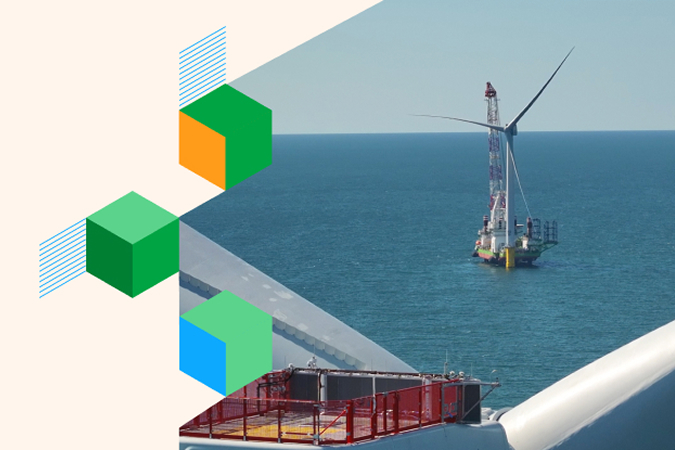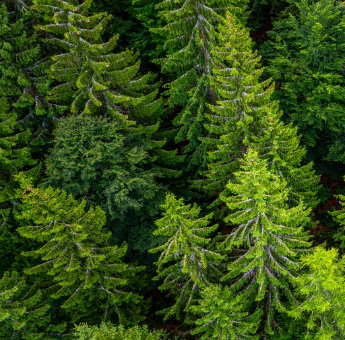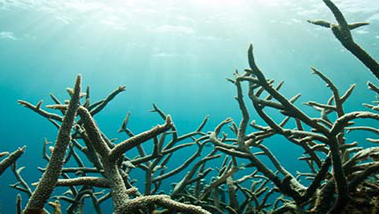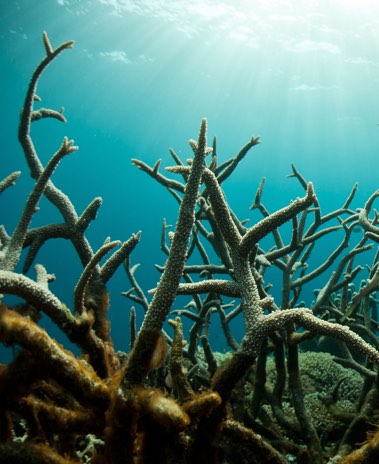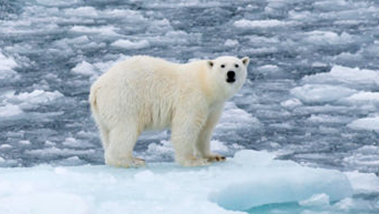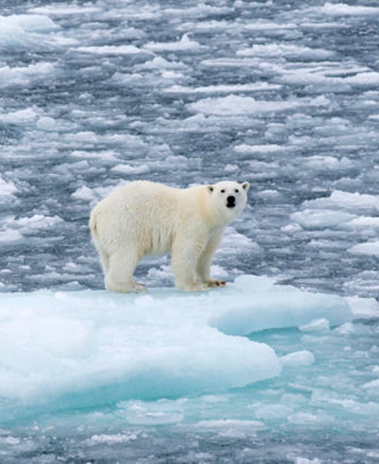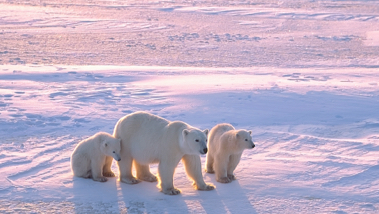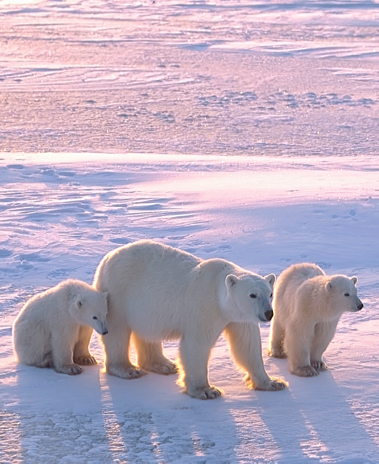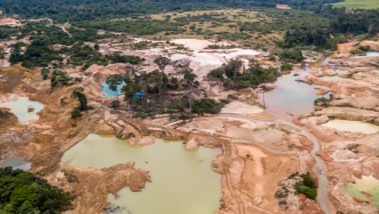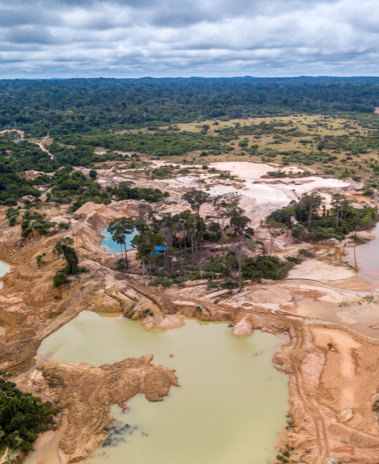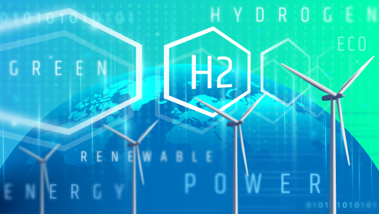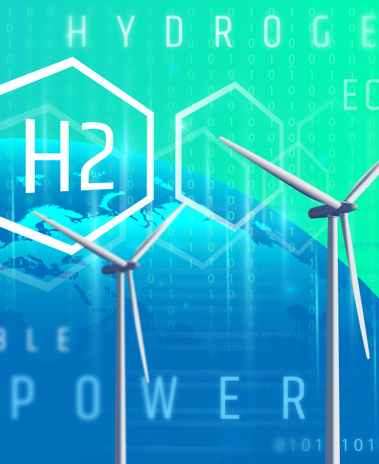-
The carbon dioxide (CO2) emissions we release into the atmosphere not only worsen air quality, but also have an impact on the health of the oceans. Specifically, they cause a phenomenon known as acidification, which reduces the pH of the water, modifying its chemical composition and seriously affecting marine organisms. Solutions include reducing the use of fossil fuels in favour of renewable sources.
The paradigm shift in mobility, which advocates for electric vehicles that do not harm the environment, is driving the increasing spread of charging points. Thus, also known as electric charging stations are beginning to become an everyday reality in the landscape of cities and roads. Here we tell you how they work and the different types of charging they offer.
-
The sea ice is a floating ice sheet that forms in the polar ocean regions. The survival of, for example, polar bears depends primarily on the early formation of this icy surface, as it is here that they hunt. According to satellite observations that began in 1979, the average maximum extent of the Arctic during the months of March is decreasing decade by decade, confirming a worrying trend.
A study published in 2020 by the prestigious journal 'The Lancet' directly contradicted the forecasts being made by the United Nations (UN) about the future population of the world. At the time, the UN was predicting that there would be 11.2 billion people on the planet by the year 2100. 'The Lancet', meanwhile, reasoned that the global population would peak in 2060 and then fall to 8.8 billion by 2100 thanks to improvements in education for women and better access to contraception.
-
When we talk about endemism, we refer to a species whose geographical range is limited. Endemic animals and plants, whose vulnerability is enormous due to smaller populations, are key to their ecosystems and become a thermometer when it comes to measuring the state of health of a territory. For that reason, their protection from extinction threats is critical.
In a world threatened by climate change, the drive towards a more environmentally friendly economy is not an option, it is an obligation. To achieve such sustainable development, the bioeconomy, which the FAO defines as "knowledge-based production and the use of biological resources, processes and methods to provide goods and services in a sustainable manner in all economic sectors", becomes essential.
-
Considered the lungs of the world, the Amazon rainforest has lost an area of forest larger than the size of France since 1970, according to Greenpeace. Behind this massive disappearance of tropical forest is deforestation, largely caused by man's hand. Here are the worrying facts, the consequences for the planet and mankind, and what solutions are being considered.
The electrolyser is an apparatus that produces hydrogen through a chemical process (electrolysis) capable of separating the hydrogen and oxygen molecules of which water is composed using electricity. Hydrogen produced in this sustainable way, i.e. without emitting carbon dioxide into the atmosphere, can be the basis for a decarbonised economy.








